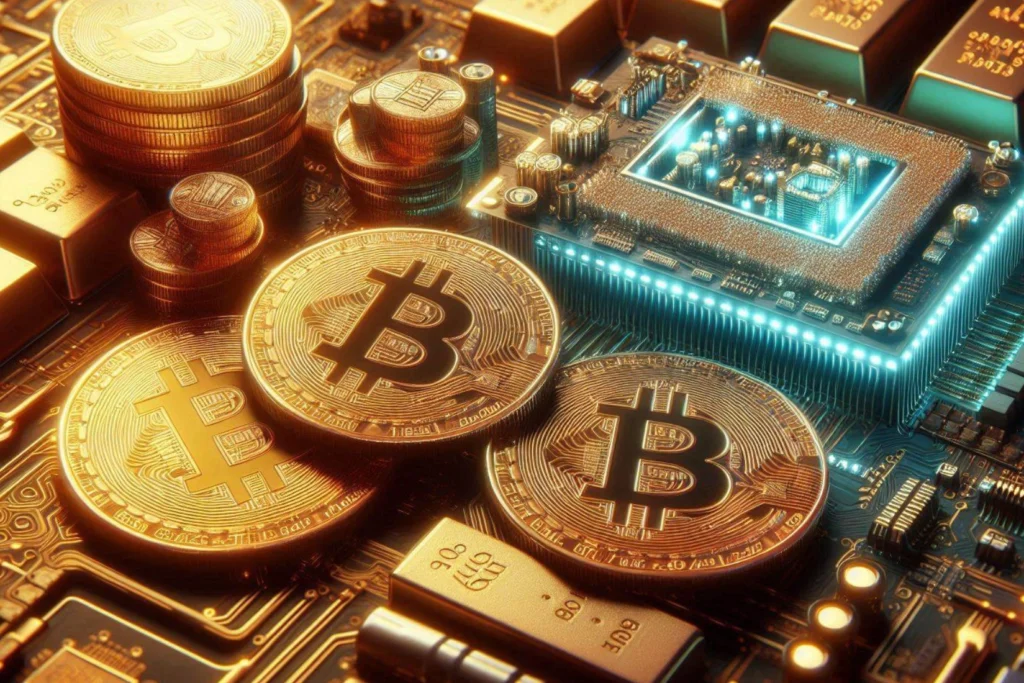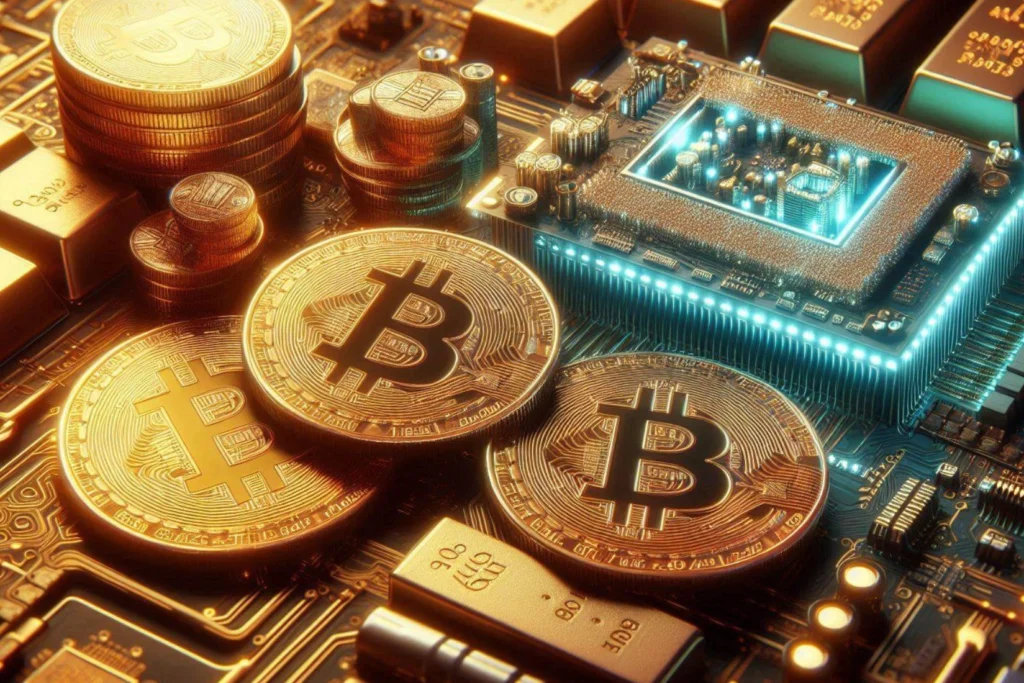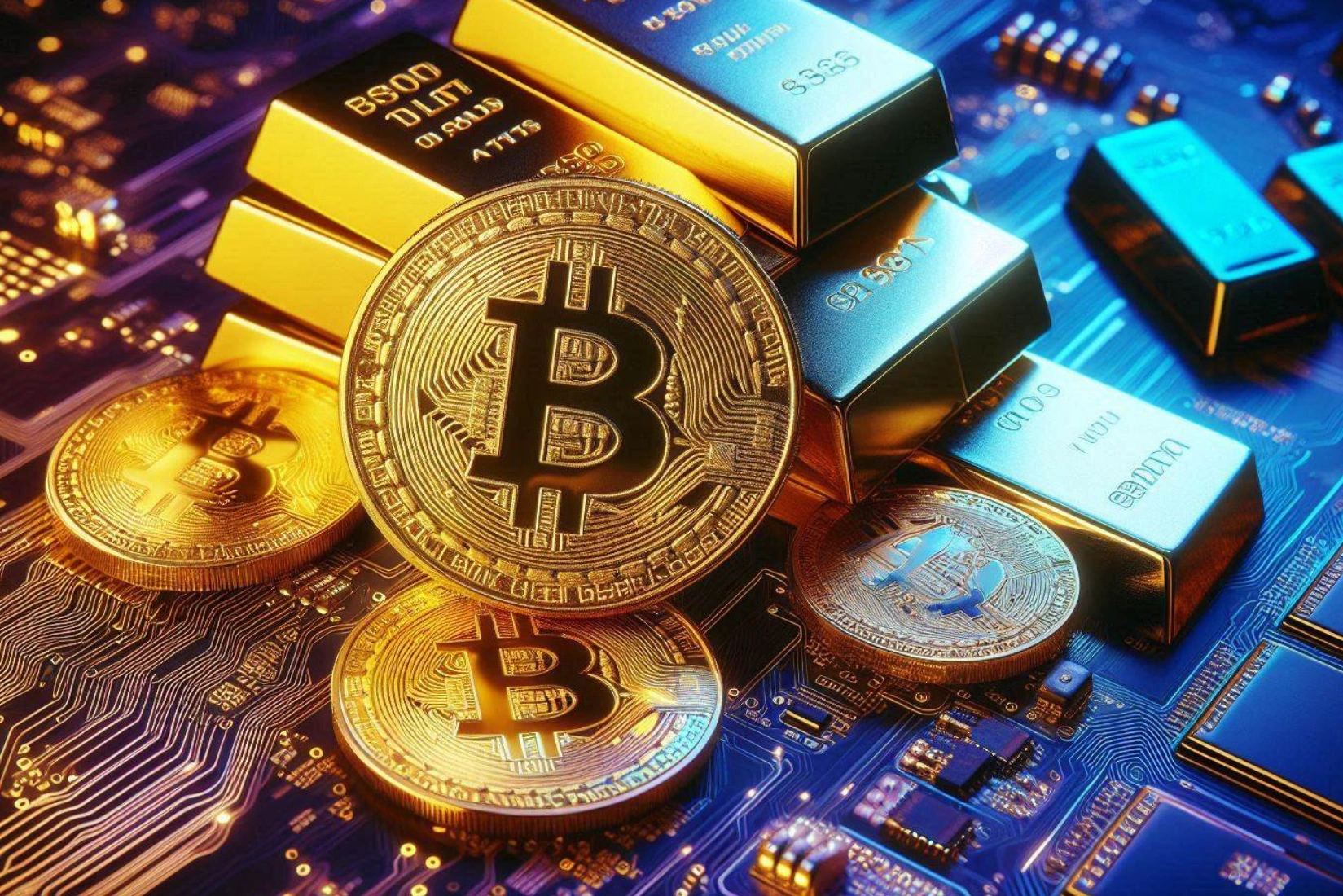Why Bitcoin Is Called Digital Gold — And What That Really Means Today
Bitcoin as digital gold — the phrase gets tossed around a lot. Maybe you’ve seen it in headlines or heard someone say it at a crypto meetup, like it’s just… obvious. But is it really? Why compare this volatile digital currency to something as ancient and stable as gold?
Let’s dig into where the comparison came from — and whether it actually holds up.
Scarcity: Bitcoin as digital gold in limited supply
One of the biggest reasons Bitcoin earns the “digital gold” nickname? Scarcity. Just like there’s only so much gold on Earth, there’s a hard cap on how many Bitcoins can ever exist — 21 million, to be exact.
Compare that to fiat currencies like the dollar or euro, which governments can print pretty much whenever they want. Bitcoin’s supply, on the other hand, is fixed. That built-in scarcity makes some investors see it as a long-term store of value — kind of like… well, gold.
Sure, gold’s been hoarded for centuries by empires and kings. But in today’s digital world, Bitcoin’s code-enforced scarcity gives it a similar kind of weight. Digital weight, if you will.


Durability and portability: Is Bitcoin more usable than gold?
Gold is great — if you’re okay lugging bars of metal around or paying fees to store them somewhere safe. Bitcoin? It travels a little lighter.
That’s another angle where bitcoin as digital gold makes sense. You can send Bitcoin across the globe in minutes. No armored trucks, no customs declarations. Just a few lines of code zipping through the internet. Try doing that with a gold bar.
Of course, there’s a catch: you need internet access, a working device, and a secure wallet. But assuming you have those, Bitcoin is surprisingly mobile. And unlike physical gold, it won’t tarnish, rust, or get stolen out of a safety deposit box… at least not in the traditional sense.


Wait, but isn’t gold way more stable?
Absolutely. Gold’s value tends to move like a slow river — steady, sometimes sleepy. Bitcoin? It’s more like a roller coaster on rocket fuel.
That’s where the comparison starts to get fuzzy. Some people argue that calling Bitcoin “digital gold” is just branding — hype for a new thing wrapped in the old language of trust and value.
Still, there’s something to it. When markets get shaky or currencies falter, more folks seem to turn to Bitcoin… the same way previous generations turned to gold. Maybe it’s psychological. Maybe it’s strategic. But it keeps happening.

A hedge against the system — or just a trend?
Let’s be honest, no one really knows what Bitcoin will look like in 10 years. Will it be mainstream? Regulated to death? Forgotten?
But here’s what’s interesting: for a growing number of people, Bitcoin isn’t just a tech thing anymore — it’s a financial lifeboat. Especially in countries where inflation is spiraling or access to banking is limited, Bitcoin isn’t just an asset. It’s a plan B.
And isn’t that why gold mattered to begin with? A hedge. A fallback. A quiet “just in case” in a loud, uncertain world.

So, is Bitcoin really digital gold?
Maybe it is. Maybe not yet. But the reasons people call bitcoin as digital gold keep adding up: scarcity, portability, independence from central banks. Even if the price jumps around, the narrative is sticking.
Will it replace gold? That’s a big maybe. But in a world where money is increasingly abstract — numbers on screens, balances in apps — a digital form of “hard value” doesn’t sound so far-fetched anymore.
And honestly, it makes you wonder… if gold had been invented today, would it look more like Bitcoin?
Related news: Bitcoin as Digital Gold: The Real Upsides and Downsides




